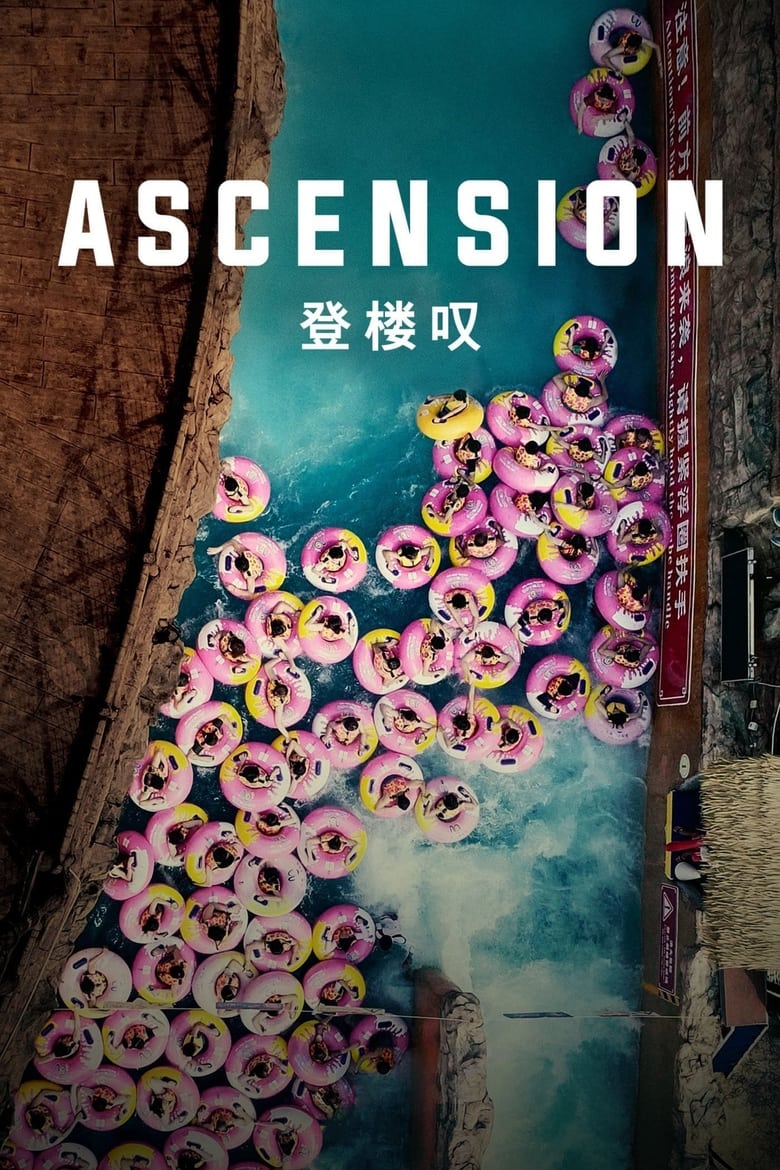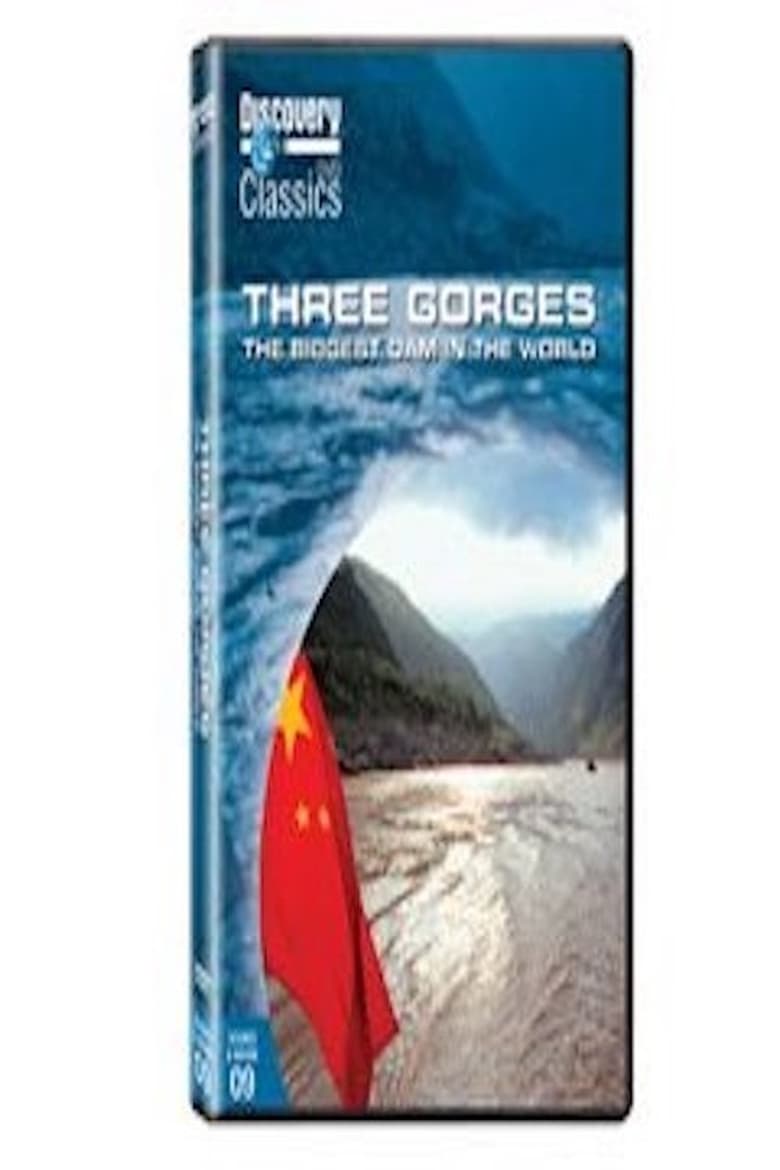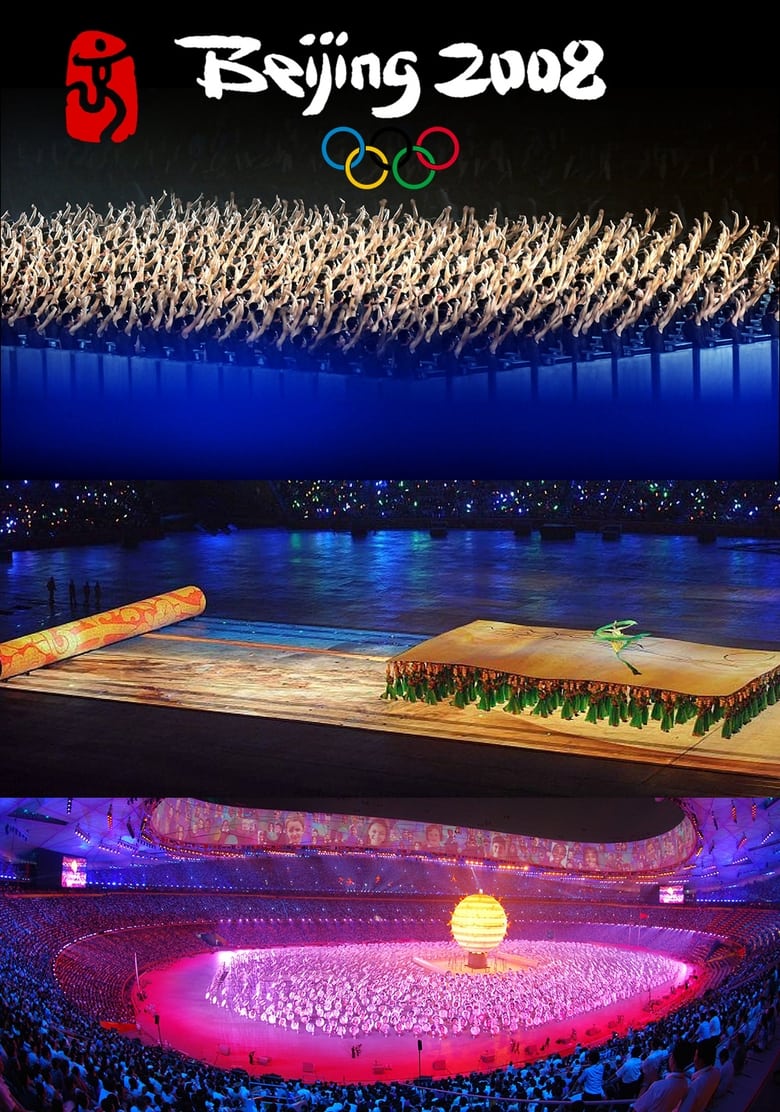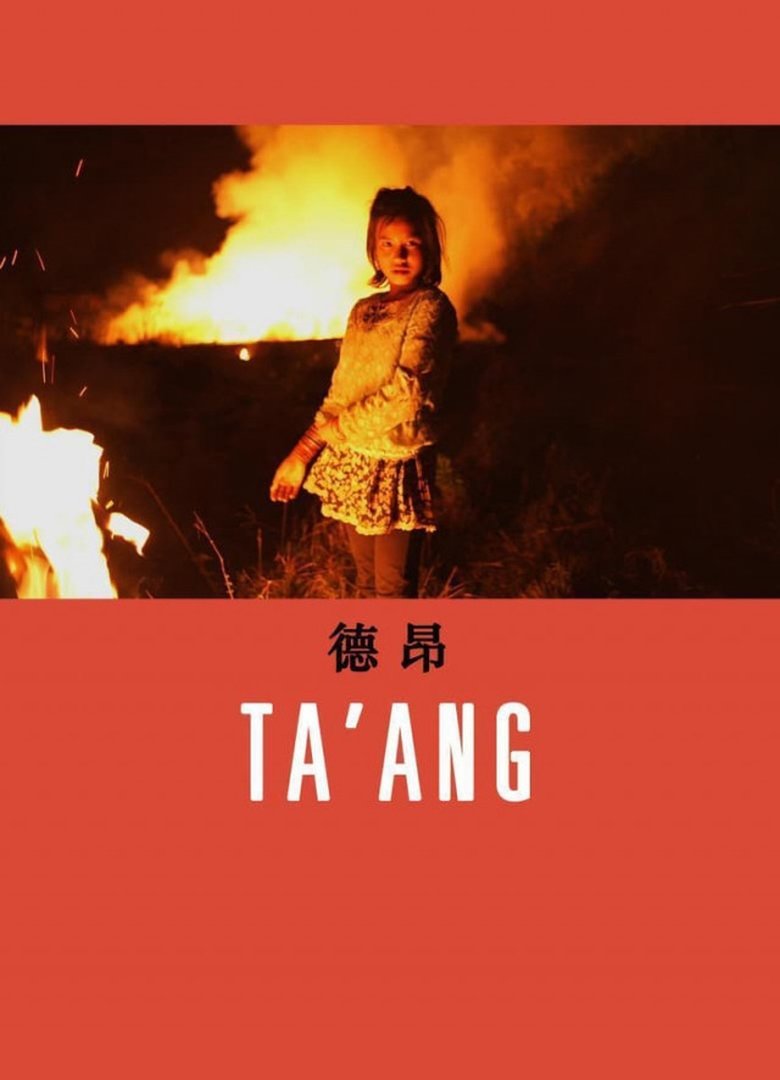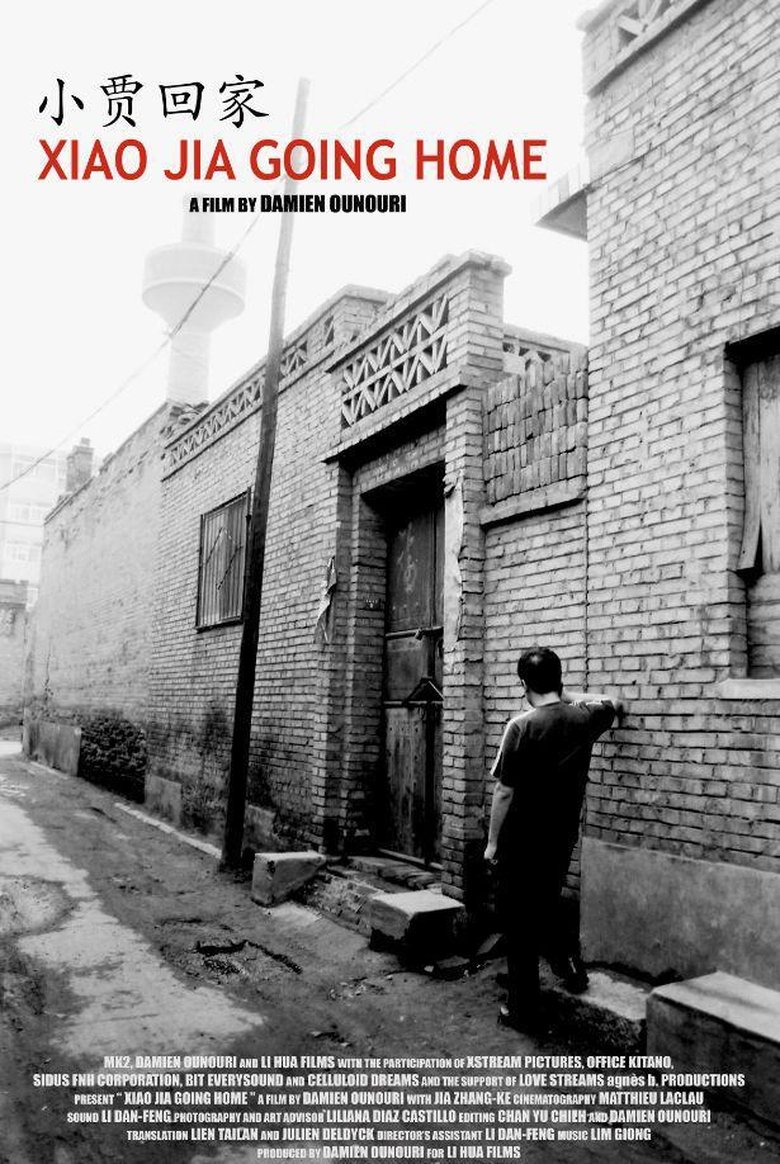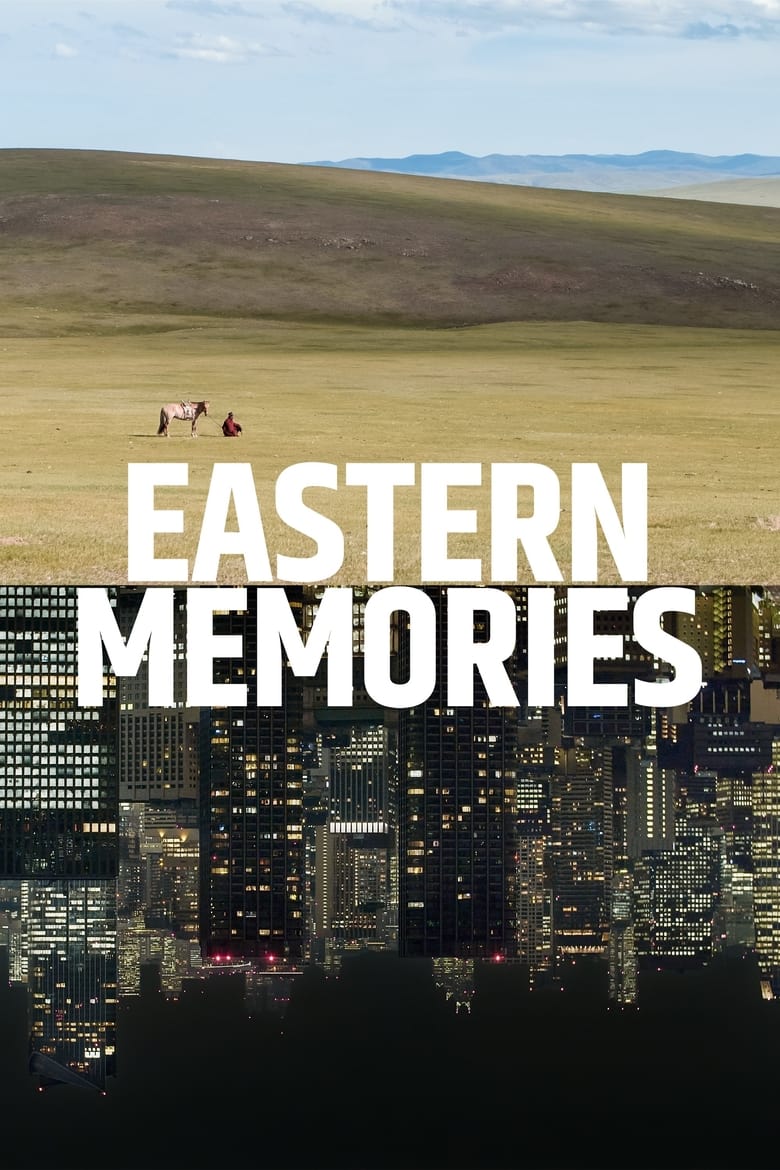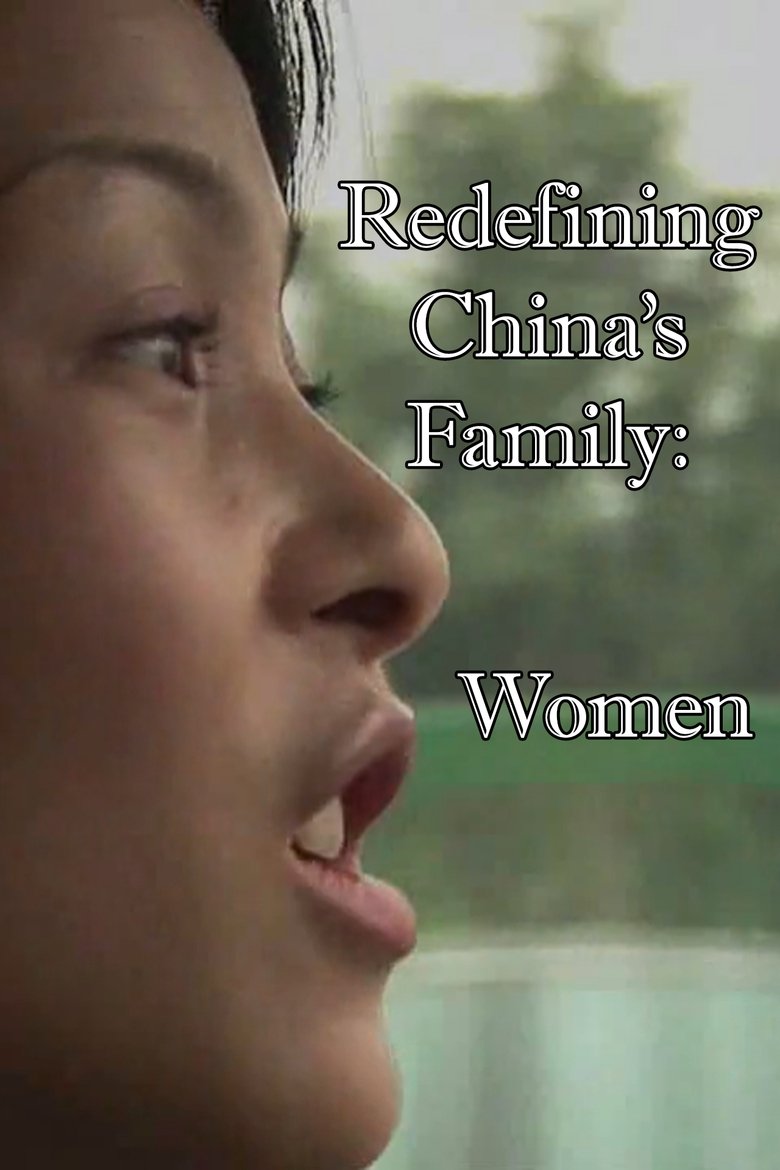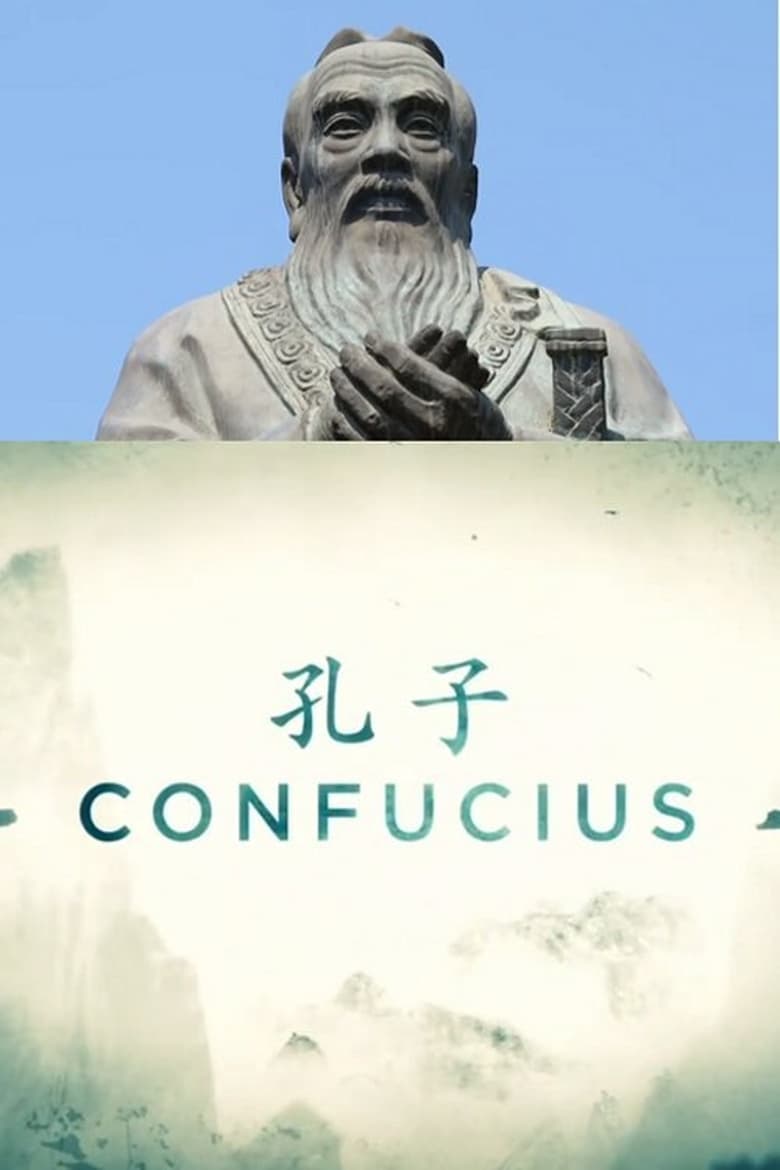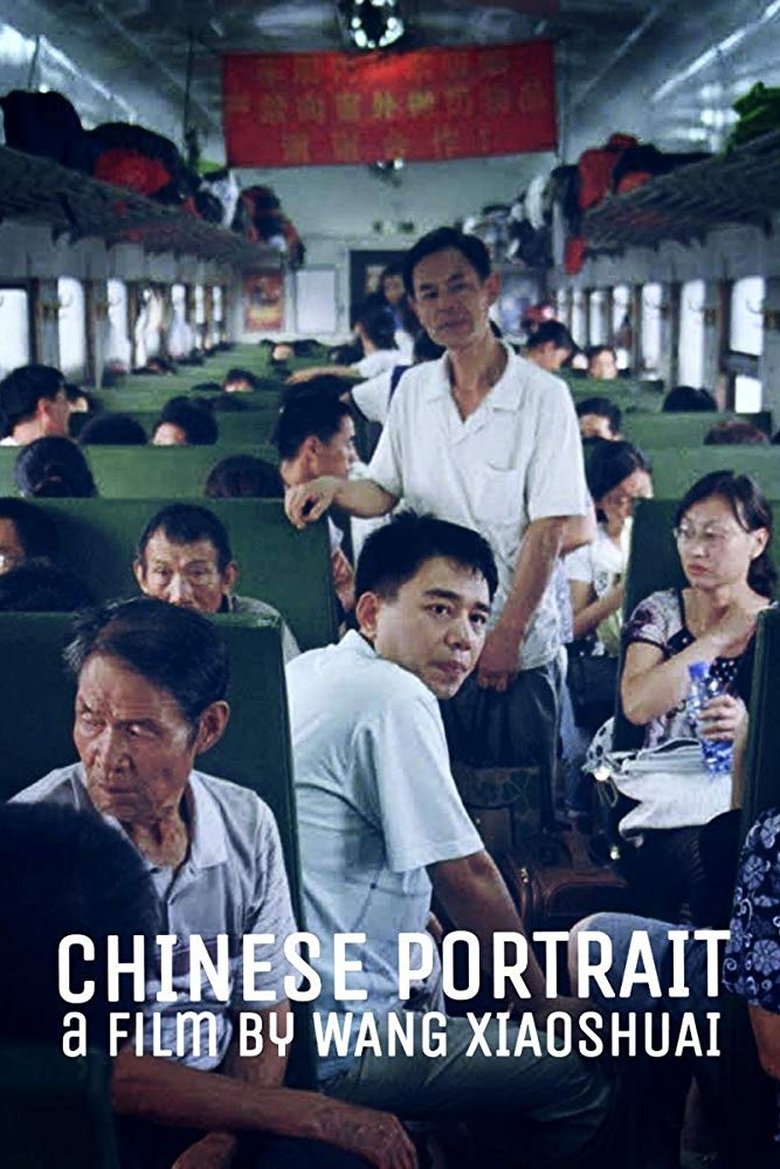

Mao: Grib Dagen, Grib Timen
1972·34 min
Mao Zedong was not only a revolutionary leader and thinker, he was also a poet. In poems written in the classic calligraphic tradition he expresses his experiences and visions. In this film, 8 of Mao's poems are sung, recited and interpreted: 'Changsha' (1925), 'Jinggang Mountains' (1928), 'The Long March' (1935), 'Snow' (1936), 'The People's Liberation Army Captures Nanjing' (1949), 'Swimming' (1956), 'Reply to Comrade Guo Moruo' (1961) and 'Reascending Jinggang Mountains' (1965). Through these poems we get a picture of the Chinese revolution from its first beginning in 1921 until the Cultural Revolution. The poems of Mao Zedong have been published in more than 57 million copies
Dokumentation
Originaltitel
Mao: Grib Dagen, Grib Timen
Originalsprache
Englisch
Produktionsland
Erscheinungsdatum
26.12.1972


Mao: Grib Dagen, Grib Timen
1972·34 min
Mao Zedong was not only a revolutionary leader and thinker, he was also a poet. In poems written in the classic calligraphic tradition he expresses his experiences and visions. In this film, 8 of Mao's poems are sung, recited and interpreted: 'Changsha' (1925), 'Jinggang Mountains' (1928), 'The Long March' (1935), 'Snow' (1936), 'The People's Liberation Army Captures Nanjing' (1949), 'Swimming' (1956), 'Reply to Comrade Guo Moruo' (1961) and 'Reascending Jinggang Mountains' (1965). Through these poems we get a picture of the Chinese revolution from its first beginning in 1921 until the Cultural Revolution. The poems of Mao Zedong have been published in more than 57 million copies
Dokumentation
Originaltitel
Mao: Grib Dagen, Grib Timen
Originalsprache
Englisch
Produktionsland
Erscheinungsdatum
26.12.1972
Poster
Bilder
Darsteller
Crew
Info
Originaltitel
Mao: Grib Dagen, Grib Timen
Status
Veröffentlicht
Erscheinungsdatum
1972-12-26
Originalsprache
Englisch
Bewertungen·0
?/10






